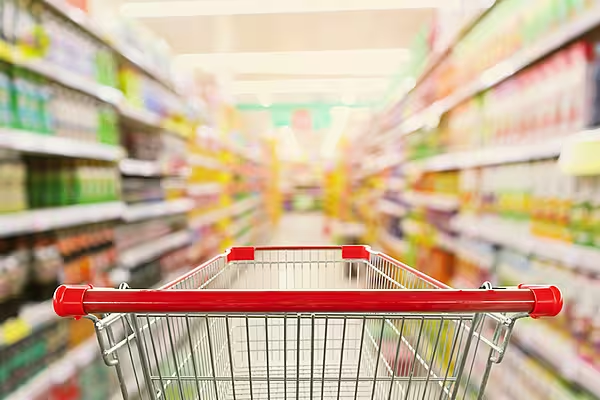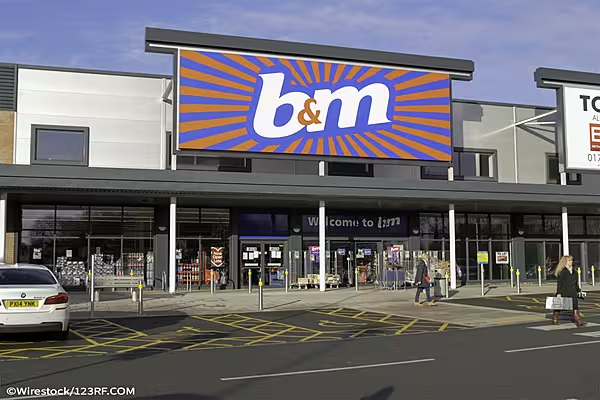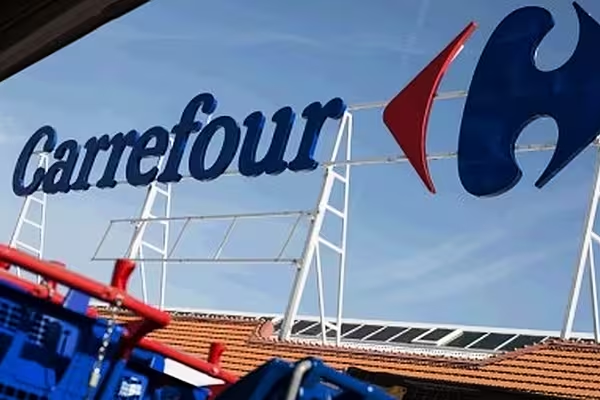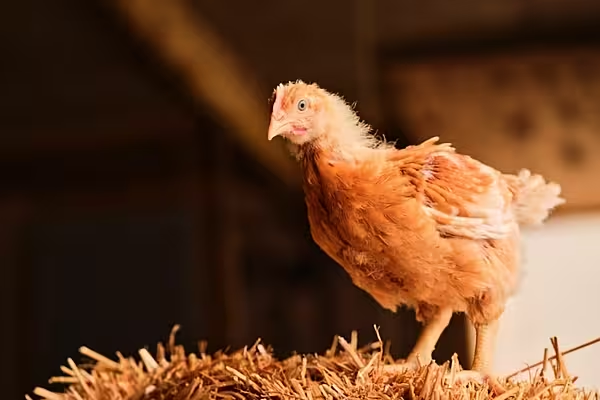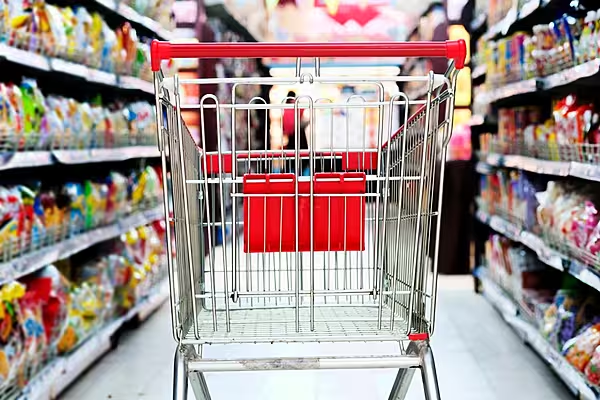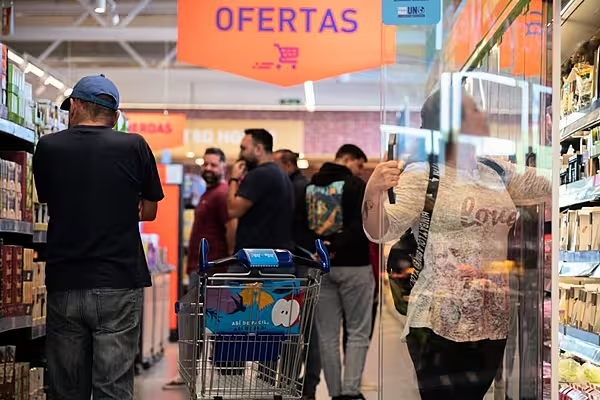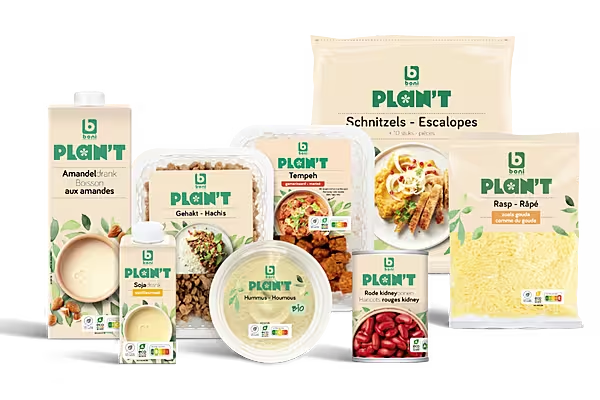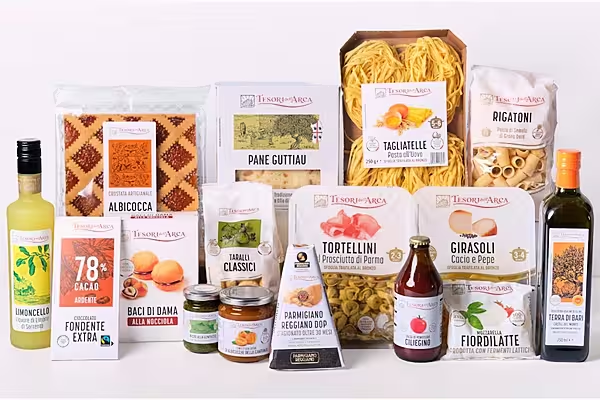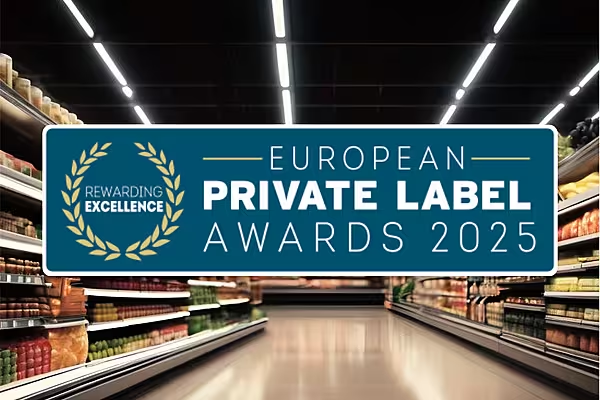Private-label products in Italy generated €26 billion in revenue in 2024, a 2.4% increase compared to the previous year and 35.4% higher than 2019.
Volume sales also saw significant growth of 3.3%, according to a study by The European House – Ambrosetti (TEHA).
With 31.8% of private-label products on shelves, Italy placed 11th among European countries for market share of 'branded' products – a ranking led by Switzerland (52.3%), Spain (45.6%), and the Netherlands (45.2%).
Other countries with high branded product shares include the UK, Portugal, and Austria (all at 44%).
France (34.4%), Denmark (34%), and Sweden (30%) also have lower shares than the European average, similar to Italy. Norway has the lowest share at 21.4%.
If Italy's private-label market share were to increase to levels seen in the top three EU countries, it could generate over €50 billion in additional turnover by 2030, according to TEHA estimates.
Growth Trends
In Italy, private labels are gaining market share across various product categories, particularly meat (+0.6%), home care (+0.5%), fresh (+0.4%), and grocery food (+0.3%).
'First-price' products continue to be a strong driver of private-label growth. Premium and functional lines also performed strongly, while growth in Bio/eco lines has slowed.
In November 2024, private labels accounted for 17.1% of the total product assortment, a 0.5% increase compared to the same period in 2023.
Over 80% of Italians purchase food through modern distribution channels. Supermarkets and hypermarkets are the most popular choices, accounting for 65% of the market, while discount stores attract 16% of consumers.
Traditional channels like local markets, direct-from-producer purchases, and delicatessens account for the remaining 20%.
Other Findings
A TEHA analysis for Italy’s Association for Modern Distribution (ADM) found that retailers with over 80% of their revenue from private-label products experienced significant growth between 2015 and 2023.
These companies saw an average annual turnover increase of 8.5%, outperforming the overall food industry average of 3.9%.
Additionally, retailers expanding their private-label offerings created more jobs (up 5.5% per year) and generated higher added value (up 9.3%) during the same period.
From 2020 to 2024, private-label products helped families save nearly €20 billion by offering more affordable alternatives to branded products.
